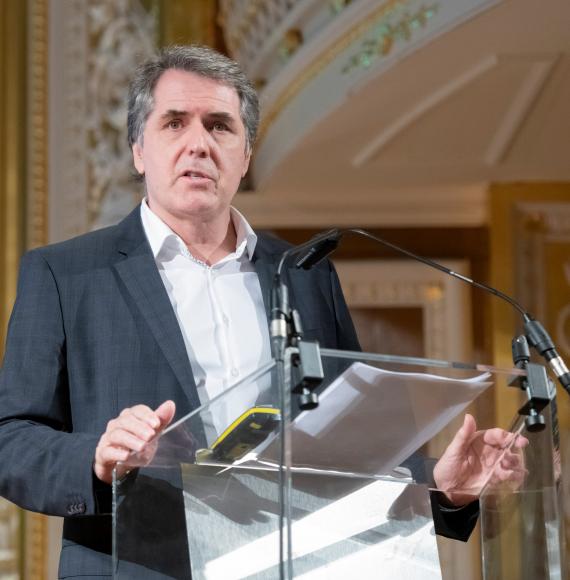In a speech this afternoon, the Head of the National Audit Office (NAO) is set to confirm that billions of pounds worth of savings are available for the public sector if the government approaches it in the right way.
NAO Head Gareth Davies is set to deliver his annual speech in Parliament later today, with this bringing news that public services can still be improved despite ongoing financial challenges, with five areas of opportunity that can be used to form a blueprint for improved value for money. These include:
- Major infrastructure projects
- Asset management
- Procurement
- Digital transformation
- Reducing fraud and error
Alongside these focuses Davies is also due to identify three factors that will enable productivity, to help government realise the savings that can be identified, with these being underpinned by focuses on leadership and skills.
Addressing the ongoing financial challenges within the sector, Davies is going to say that:
“Government of whatever complexion faces a tough challenge in the years ahead. Demographic changes mean demand for many services will continue to rise.
“Parts of our national infrastructure are crumbling. Maintenance backlogs persist across the public estate, impeding service delivery and costing more over time.
“Out-of-date IT slows the modernisation of many public services; interferes with efficient government and increasing the risks of successful cyber-attacks. Higher inflation has increased costs, particularly for large infrastructure projects. The public sector is finding it harder to retain staff. Turnover in social care roles is running at around one-third, and there are thousands of digital vacancies across government.
“These factors and others have combined to leave public services with a productivity problem. Added to the sharply increased cost of servicing government debt, this is a challenging fiscal picture. There is good evidence from the NAO’s work that government can achieve more with what it already spends. And that this amounts to a material contribution to the fiscal challenge, certainly tens of billions of pounds a year.”
Davies is also expected to comment on the barriers that are faced by organisations as they look to improve their efficiency and productivity, saying that:
“There are five main areas of financial opportunity where despite government’s efforts there remain unrealised savings: major infrastructure projects; assets management; procurement; digital transformation and reducing fraud and error.
“Firstly, major infrastructure projects, where the NAO’s work shows failures in cost estimate and control. For the biggest projects, Whitehall has a governance problem.
“HS2 and the New Hospital Programme are examples of mega projects too large for risks to be managed by the relevant departments' arms-length bodies, with overall budgets in the tens of billions and long project lifetimes. Both lacked sufficiently robust and realistic assessments of affordability at the outset.
“A new approach to the governance of genuine mega projects is needed, starting with the involvement of a cross-government oversight board from the outset. This would increase the chance of making better go/no-go decisions and more effectively holding the project to account for cost control and delivery.”
Image credit: iStock



















